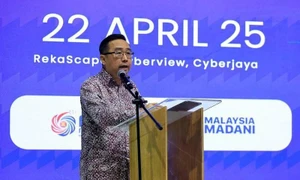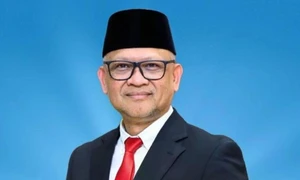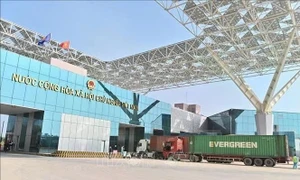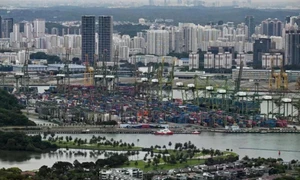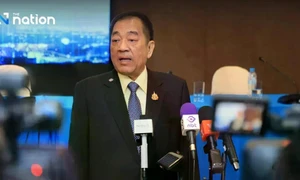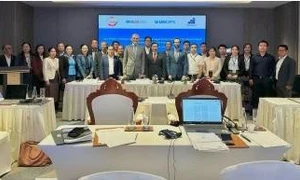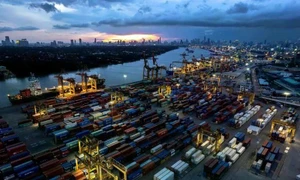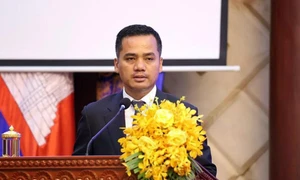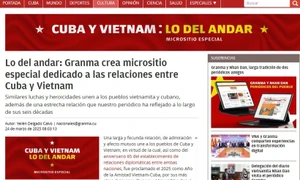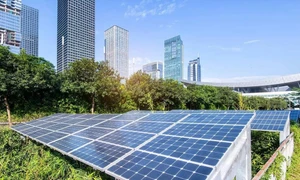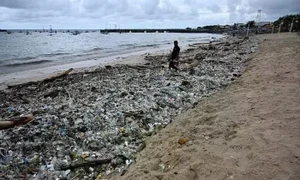
MSMEs Deputy Minister Helvi Yuna Moraza said that Indonesia currently has more than 29 million MSMEs in the agriculture sector, which serve as the main force in tackling food security challenges in the future.
Of the figure, 99% are individual businesses, reflecting that this sector is the backbone of national food security, he remarked.
However, the official pointed out that the food sector continues to face major challenges, such as the low financial inclusion index among farmers and fishermen, which is currently at 62.26%. Moreover, farmer regeneration is a crucial issue, considering that 64.2% of workers in the agriculture sector are above 45 years of age.
To tackle the challenges, the Indonesian Government continues to bolster inclusive financing policies for MSMEs, especially those in the food sector, he said.
Moraza noted that in 2024, Indonesia disbursed 282 trillion Rp (around 17.19 billion USD) financing under the low-interest-rate People's Business Credit (KUR) programme, higher than the 260 trillion Rp in 2023.
The Indonesian Government is also boosting the business cluster-based KUR and KUR for agricultural tools and machinery as strategic steps to boost productivity in the agriculture sector.
These programmes are aimed at boosting real economic growth, increasing the added value of local products, and reducing dependence on the trade sector, he added./.
